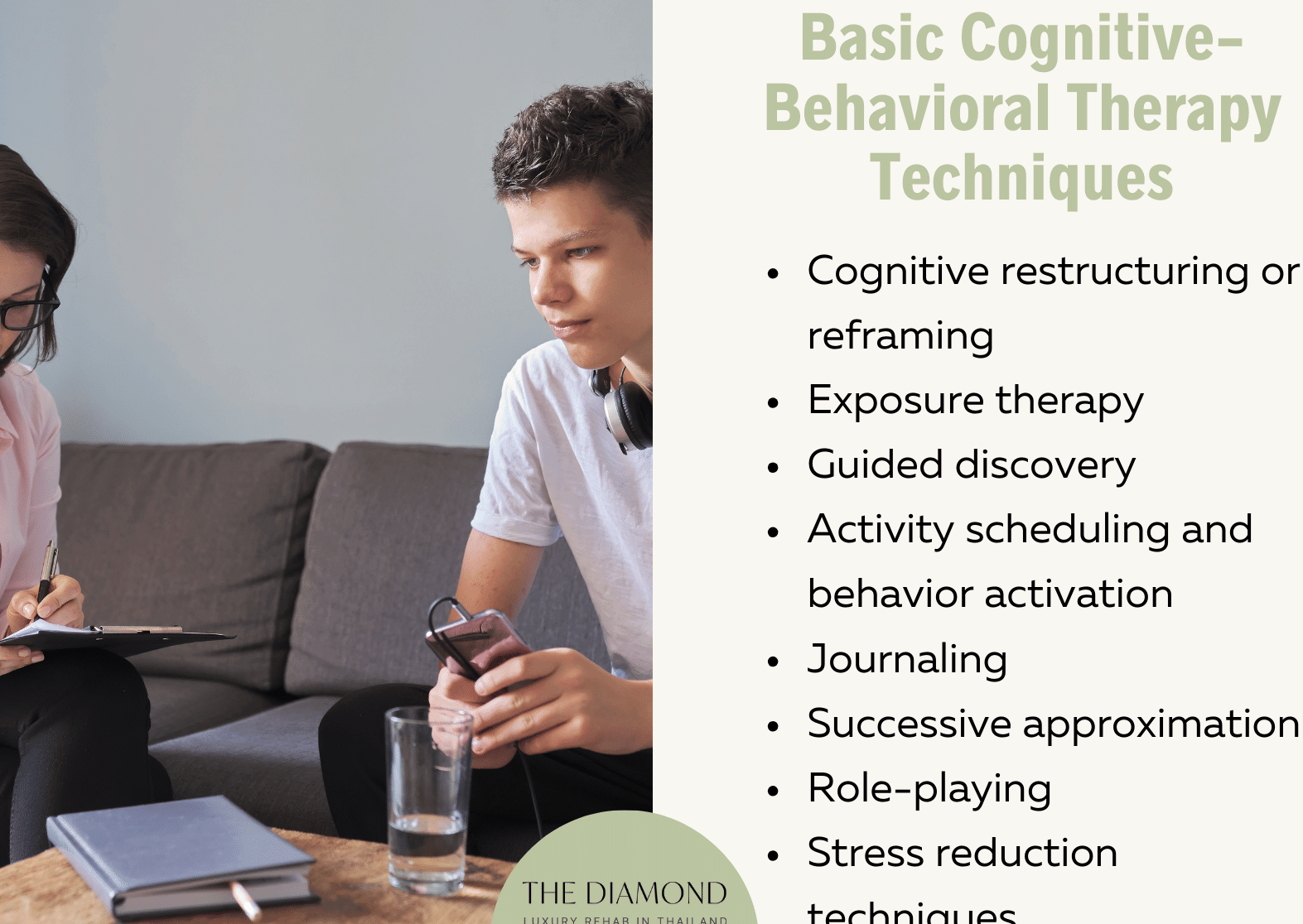Beautiful Plants For Your Interior

Cognitive Behavioral Therapy: A Solution for Psychophysiological Insomnia
Understanding Psychophysiological Insomnia
What is Psychophysiological Insomnia?
Psychophysiological insomnia is a condition characterized by difficulty in falling asleep or staying asleep, primarily due to psychological factors. It often arises from stress, anxiety, or other emotional disturbances, leading to a cycle of worry about sleep that exacerbates the problem. According to the American Academy of Sleep Medicine, approximately 30% of adults experience insomnia at some point in their lives, with psychophysiological insomnia being one of the most common forms.
| Factor | Impact on Sleep |
|---|---|
| Stress | Increases arousal, making it difficult to relax |
| Anxiety | Leads to racing thoughts, preventing sleep onset |
| Negative Sleep Associations | Creates a mental block against falling asleep |
Symptoms and Diagnosis
Symptoms of psychophysiological insomnia include difficulty falling asleep, frequent awakenings during the night, and waking up too early. Diagnosis typically involves a thorough evaluation by a healthcare professional, including sleep history and psychological assessment. The Insomnia Severity Index (ISI) is a commonly used tool to measure the severity of insomnia symptoms.
| Symptom | Frequency |
|---|---|
| Difficulty falling asleep | 70% of patients |
| Frequent awakenings | 60% of patients |
| Early morning awakenings | 50% of patients |
The Role of Cognitive Behavioral Therapy (CBT)
What is Cognitive Behavioral Therapy?
Cognitive Behavioral Therapy (CBT) is a structured, time-limited psychotherapy that aims to change patterns of thinking or behavior that are causing people’s difficulties. It is particularly effective for treating insomnia, as it addresses the underlying psychological factors contributing to sleep disturbances. Research indicates that CBT can improve sleep quality in up to 80% of patients with insomnia.
| CBT Component | Purpose |
|---|---|
| Cognitive Restructuring | Identifying and changing negative thoughts about sleep |
| Sleep Restriction | Limiting time in bed to increase sleep efficiency |
| Stimulus Control | Associating the bed with sleep rather than wakefulness |
Effectiveness of CBT for Insomnia
Numerous studies have demonstrated the effectiveness of CBT for treating psychophysiological insomnia. A meta-analysis published in the journal “Sleep” found that CBT significantly reduced insomnia symptoms and improved sleep quality compared to control groups. Furthermore, the benefits of CBT often extend beyond the treatment period, with many patients experiencing lasting improvements in their sleep patterns.
| Study | Outcome |
|---|---|
| Morin et al. (2006) | CBT improved sleep quality in 75% of participants |
| Hohagen et al. (1998) | CBT showed long-term benefits, with 60% maintaining improvements |
| Espie et al. (2012) | CBT reduced insomnia severity by 50% on average |
Implementing CBT for Insomnia
Steps to Implement CBT
Implementing CBT for psychophysiological insomnia typically involves several key steps. First, individuals should seek a qualified therapist trained in CBT for insomnia. The therapy usually consists of 6-8 sessions, focusing on various techniques tailored to the individual’s needs. Homework assignments are often given to reinforce learning and practice new skills.
| Step | Description |
|---|---|
| Assessment | Evaluate sleep patterns and psychological factors |
| Education | Learn about sleep hygiene and the CBT process |
| Skill Development | Practice cognitive and behavioral techniques |
Self-Help Strategies
In addition to professional therapy, individuals can implement self-help strategies to enhance their sleep quality. These may include maintaining a consistent sleep schedule, creating a relaxing bedtime routine, and avoiding stimulants like caffeine and electronics before bed. Journaling thoughts and feelings can also help reduce anxiety related to sleep.
| Strategy | Benefit |
|---|---|
| Consistent Sleep Schedule | Regulates the body’s internal clock |
| Relaxing Bedtime Routine | Promotes relaxation and signals the body to prepare for sleep |
| Avoiding Stimulants | Reduces the likelihood of sleep disturbances |
Conclusion
Cognitive Behavioral Therapy offers a comprehensive and effective solution for individuals suffering from psychophysiological insomnia. By addressing the psychological factors that contribute to sleep disturbances, CBT not only

